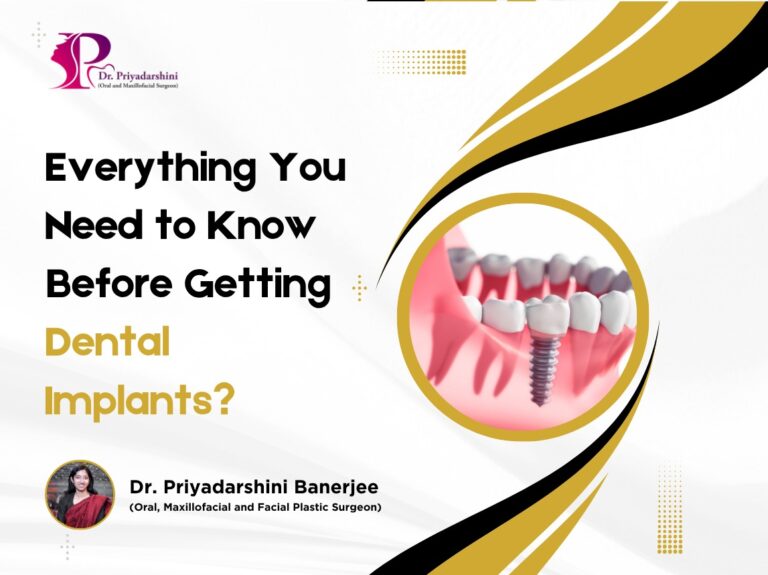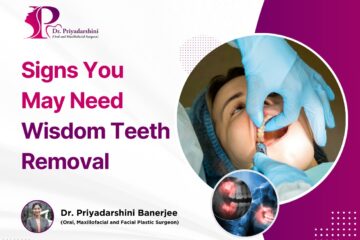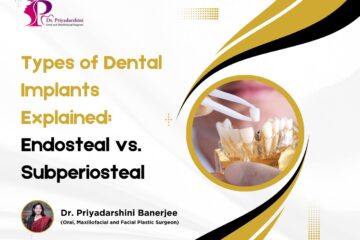Dental implants have become one of the most popular and reliable solutions for replacing missing teeth. Whether you’ve lost a tooth due to injury, decay, or age, implants offer a long-term and natural-looking alternative to bridges or dentures.

But what exactly are dental implants? How do they work? And are they right for you?
In this blog, we’ll explain everything you need to know about dental implants in simple terms—from how they’re placed to who can get them, how long they last, and what to expect during the process.
What Are Dental Implants?
A dental implant is an artificial tooth root made of titanium or zirconia that is surgically placed into your jawbone. Once the implant fuses with the bone, a crown (artificial tooth) is placed on top, giving you a natural-looking and fully functional tooth.
Dental implants are designed to act just like your original teeth—allowing you to chew, smile, and speak confidently.
Why Choose Dental Implants?
Here are some benefits of choosing dental implants:
- Permanent Solution: Implants can last 15–25 years or more with good care.
- Looks Natural: Matches the look and feel of your natural teeth.
- No Slipping: Unlike dentures, implants are fixed and do not shift.
- Preserves Jawbone: Prevents bone loss that usually happens after tooth removal.
No Impact on Nearby Teeth: Doesn’t require grinding down neighboring teeth like dental bridges.
How Are Dental Implants Placed?
The process of getting a dental implant is usually done in several steps and takes a few months to complete. Here’s what typically happens:
1. Initial Consultation
Your dentist or oral surgeon will:
- Take dental X-rays or 3D scans
- Examine your mouth and jawbone health
- Discuss your medical history
- Create a custom treatment plan
2. Implant Placement Surgery
- The dental implant is placed into your jawbone under local anesthesia.
- Healing takes place over 3–6 months as the implant bonds with the bone (called osseointegration).
3. Abutment and Crown Placement
- Once healed, an abutment (connector) is added to the implant.
- A custom-made dental crown is placed on top of the abutment.
This creates a strong, stable tooth replacement that looks and functions like your natural tooth.
Who Can Get Dental Implants?
You may be a good candidate for dental implants if:
- You have one or more missing teeth
- Your jawbone is healthy enough to support an implant
- Your gums are free from active infection
- You don’t have uncontrolled diabetes or severe heart conditions
- You don’t smoke or are willing to quit during the healing period
Even if your jawbone is weak, bone grafting can be done to make implants possible.
Are Dental Implants Painful?
Many people are surprised to learn that the implant procedure is not as painful as they expect. Local anesthesia ensures you don’t feel pain during the surgery. After the procedure, you may experience mild swelling or soreness, which can be managed with medication.
Most patients return to normal activities within a day or two.
How Much Do Dental Implants Cost in India?
In India, dental implant costs can vary based on:
- The number of implants
- The brand used (e.g., Nobel Biocare, Straumann, etc.)
- The experience of the surgeon
- Whether bone grafting is needed
On average, dental implants in India can cost between ₹25,000 to ₹60,000 per implant. While it may seem costly, it is a long-term investment in your oral health.
Caring for Your Dental Implants
Dental implants require the same care as natural teeth:
- Brush twice a day with a soft toothbrush
- Use a low-abrasive toothpaste
- Floss daily to remove food particles
- Visit your dentist every 6 months for cleanings and check-ups
Avoid habits like chewing ice or opening bottles with your teeth to prevent damage.
Common Myths About Dental Implants
Myth 1: Implants are painful.
Fact: The procedure is done under anesthesia and recovery is smooth with proper care.
Myth 2: They don’t last long.
Fact: With good hygiene, implants can last for decades.
Myth 3: They look fake.
Fact: Modern dental crowns look just like real teeth.
Myth 4: Implants are only for old people.
Fact: People of all ages can benefit from implants if their bone is healthy.
When to See a Specialist
If you have missing teeth, chewing problems, or wear loose dentures, consider visiting an oral and maxillofacial surgeon or implantologist. At Dr. Priyadarshini Banerjee’s clinic, we provide expert consultation and treatment planning for dental implants, using advanced techniques and personalized care.
Final Thoughts
Dental implants are one of the best long-term solutions for replacing missing teeth. They restore not just your smile, but also your ability to eat, speak, and live confidently.
If you’re considering implants, consult a qualified specialist to understand the process and whether you’re a good candidate.
At Dr. Priyadarshini Banerjee’s clinic in Pune, we believe in restoring smiles with care, precision, and comfort.



